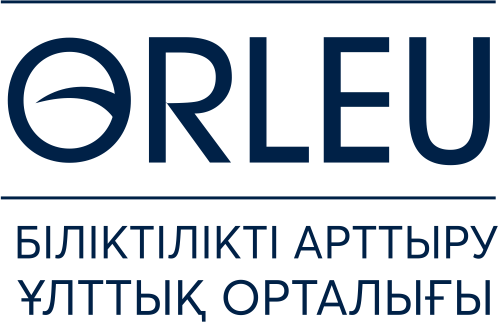Аңдатпа
The article discusses the importance of STEM education for workforce preparation in the context of Kazakhstan's economic development. The main issue addressed is the need to prove the integration of new technologies into educational programs, as this is crucial for preparing skilled specialists in a rapidly changing world. The aim of the study is to examine new methods of implementing STEM education and to identify successful practices.
Research methods include analyzing current educational programs, studying examples of successful STEM methodology implementation, and conducting professional development courses for teachers. The article describes problem-based learning (PBL) methods that contribute to deeper student engagement and the development of critical thinking skills.
The research results show that, despite significant progress in integrating STEM into educational programs and successful examples of applying innovative methods, challenges remain, such as unequal access to resources and a shortage of qualified specialists. However, successful initiatives, such as «STEM for All» programs, demonstrate a positive impact on the accessibility and quality of STEM education.
The conclusions emphasize that for effective implementation of STEM education, it is necessary to focus on innovative teaching methods, address gender and socio-economic barriers, and adapt education to future technological trends. In this way, Kazakhstan can develop a STEM education system that prepares students for the demands of a rapidly changing world. The future of the country's economy depends on the ability to cultivate a new generation of scientists, engineers, and innovators who will contribute to sustainable development and economic growth

